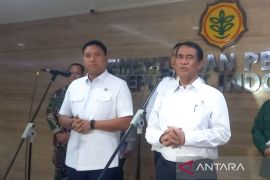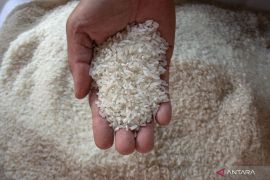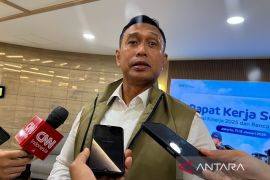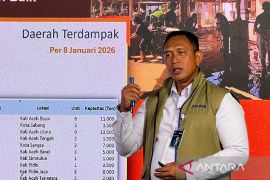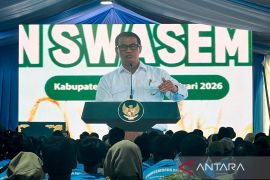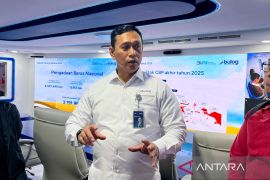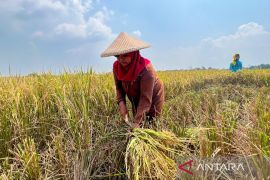Bulogs Procurement Director Wahyu said here on Sunday that his board had made the request based on fact that the governments HPP rate was always below the normal market prices.
Every year, after it has been set, the HPP rate has always been lower than the market price. This hampered Bologs efforts to procure rice from farmers, he said.
"The HPP should later be set by the technical ministry based on the price condition in the market. It should be set after passing through a series of calculation and assessment and after considering data from the Central Bureau of Statistics (BPS).
Besides setting flexible HPP rate, the government should also set a basic price (HD) rate or the lowest price rate at the farmers level.
The setting of the basic price (HD) will optimize the absorption of farmers rice during the grand harvest season because Bulog would be able to purchase rice at a price over the basic price rate.
"So, there would be two price rates set by the government for the absorption of farmers rice, namely the basic price rate and the flexible HPP price rate," he said.
The HD and HPP will be contained in a presidential instruction decree.
In response to the proposal, the chairman of the National Rice Farmers Association Rali Sukari said he supported the proposal for the setting of the flexible HPP price and HD rate in 2016.
"If the market wants to buy the rice at a price over the basic price rate, it would be up to the farmers whether they will sell it to Bulog or to the market. Both will not disadvantage them," he said.(*)
Editor: Heru Purwanto
Copyright © ANTARA 2016

